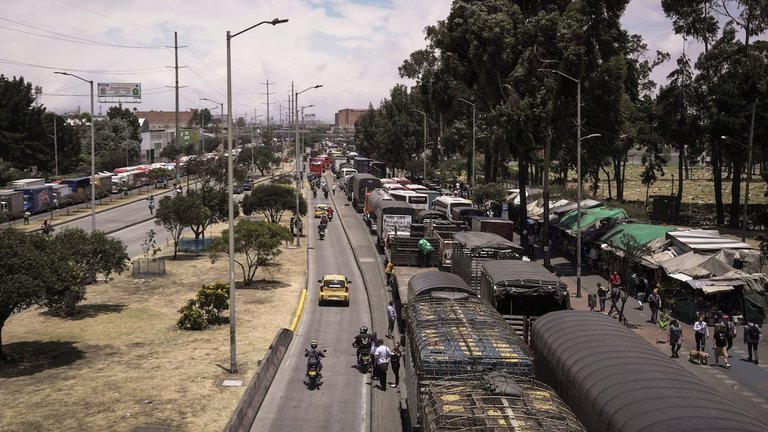The Latin American Report # 313

Haiti
Violence, corruption, and hunger are three problems woefully endemic that have this Caribbean nation on the verge of suffocation. Despite the arrival last June and July of 400 Kenyan police officers—as part of the UN-approved and largely US-funded Multinational Security Support mission deployed to contain criminal gangs—, the return to a climate of security there is not happening as quickly as it needs to. The mission faces serious problems of funding and overall international commitment to operate that Washington intends to resolve by turning it into a U.N. standard peacekeeping operation, although it is in doubt whether Russia and China would approve such a step. The mission has critics even in the Haitian ad hoc government itself due to the lack of equipment and personnel, even in this last aspect assuming that the initial planned figure of 2,500 police and military agents is reached. Some 250 troops are expected to arrive sometime soon from Jamaica, and agents from the Bahamas, Bangladesh, Barbados, Benin, and Chad should also be deployed later.
 Commander of Kenya's security forces in Haiti (source).
Commander of Kenya's security forces in Haiti (source).Since its installation, the main achievements seem to be the recovery of an important university hospital and the seaport that were once in the hands of the gangs, although these have not stopped occupying or ravaging certain areas near Port-au-Prince, for which both the citizenry and the police have expressed some dissatisfaction with the Kenyan police force performance. So the head of Foggy Bottom visited the country on Thursday to meet with the interim prime minister and the Transitional Presidential Council and underpin the commitment to the security mission. However, the aforementioned ad hoc body that should lead the country to hold elections after almost ten years without them is already tarnished by the scourge of corruption, after it was reported that three of its members tried to bribe the head of a state bank, who in the end was controversially fired by the prime minister. At least one of them—the one who paradoxically, was appointed to chair the council as of October—will be removed by the political organization that placed him there. Meanwhile, some five million Haitians lack food security according to the UN.
 Some of the Presidential Council members, including his current president in the center of the photo (source).
Some of the Presidential Council members, including his current president in the center of the photo (source).Colombia: Update on truckers' strike
The House of Nariño achieved this Friday that cargo carriers lifted a strike that paralyzed a good part of the movement of goods since Monday—generating shortages and price hikes in food and other staple products—, and also caused the suspension of classes and other public services in certain cities including the capital. The strikers blocked critical highways as a force measure due to the increase in the price of diesel that had become effective last Saturday, in a bid by President Gustavo Petro to clean up finances by eliminating subsidies close to 2.9 billion dollars a year and thus protect funds for social programs, according to his narrative. The government had ordered yesterday the liberation of the compromised roads, a task that began to be executed with the use of tear gas and other repression techniques. The Colombian Minister of Transportation said that “14 points were agreed upon, among which are the suspension of additional increases until structural transformations are achieved in the sector and the establishment of technical tables that allow for regulatory adjustments”. Thus, the truckers ended up accepting a reduction of close to 58% of the initially planned increase. In addition, this price increase will be effective at two points in time till December.
 Source
SourceAnd this is all for our report today. I have referenced the sources dynamically in the text, and remember you can learn how and where to follow the LATAM trail news by reading my work here. Have a nice day.

